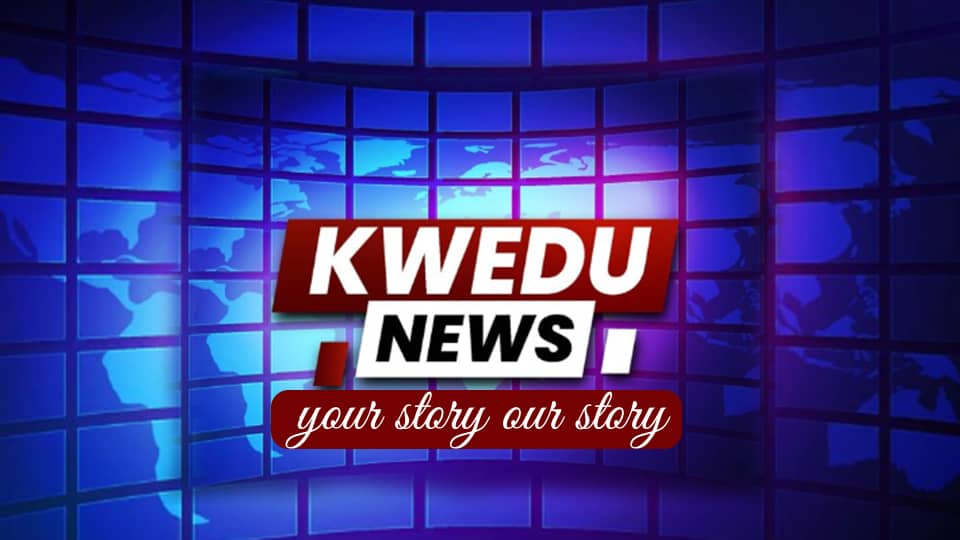By Delicious Mathuthu
Zimbabwe Coalition on Debt and Development (ZIMCODD) Central Region is currently implementing a project meant to benefit marginalised groups, especially women, through the setting up of Empowerment Hubs across the region.
ZIMCODD Central Region includes Midlands and Masvingo Provinces and the project is dubbed the ‘Gender Just Recoveries Project’.
Speaking to Kwedu News, ZIMCODD Central Region Coordinator, Gracia Mashingaidze, said the main focus of the Empowerment Hubs is to enhance economic empowerment and justice through the creation of economic opportunities for the vulnerable and poor in Zimbabwe by 2026.
The project will be centred around three main issues, she said, which include learning through building knowledge, convening, as well as influencing policies through advocacy.
Mashingaidze said some women empowerment hubs have already been set, both in urban and rural areas of the region.
“To this end ZIMCODD will establish Empowerment Hubs for women in Gokwe South, Kwekwe, Gweru, Goromonzi and Seke districts towards economic and gender justice.
“The Hubs will be platforms for economic literacy, constitutional awareness, public finance management learning, gender responsive budgeting and social accountability monitoring,” she said.
The project is a result of realisation by the organisation that there is ‘systemic dis-empowerment of women in economic development processes which results in their exclusion from economic decision-making processes and allocation of resources’, Mashingaidze said.
Following reported rampant abuse of financial systems and fiscal rules, poor bookkeeping, poor maintenance of accounting records, violation of treasury instructions, budgetary control, asset management; overstated expenditure and violation of procurement procedures at both local and national level, the rights of those in the lower classes of the economy are the hardest hit.
“This has led to poor public service delivery and ultimately violation of social and economic rights of citizens especially the right to education, health, food and water, right to life and rights of special interest groups including the rights of women, children, the elderly, and persons with disabilities as enshrined under part 2 of chapter 4 of the Constitution of Zimbabwe.
“Citizens’ voice, particularly women’s voices, are critical elements of good governance and ensuring transparency and effectiveness in economic governance,” Mashingaidze added.
Speaking during the Gweru Women Empowerment Hub launch, disability rights activist, Mrs Audrey Rusike highlighted that People With Disabilities (PWDs) are usually neglected when it comes to public resources and infrastructure development.
She also highlighted that even the venue that was chosen for the Gweru Women Empowerment Hub was not disability friendly.
Grace Mazambani, one of the young women who is part of the
Women Empowerment Hubs said they seek solutions from within the affected women communities, especially on economic and policy issues.
“The Women Empowerment Hubs will be very useful to the communities because it all comes back to the communities.
“We are trying by every means to help each other within our own communities as we are tackling issues and getting our own solutions.
“In terms of economic empowerment, it’s going to be helpful; a lot will be going on depending on the ideas of the citizens, especially women,” she said.
Mazambani said most women are left out when it comes to economic issues.
“So we will be trying by every means to make sure that we economically empower each other especially looking at the problems we are having ranging from even sexual harassment and poverty.
“Looking at Gweru in particular we have so many vendors and those in the informal sector who are mostly led by women.
“We are also willing to take part in the making of policies that have to do with empowerment of women,” she said.
Women are often hindered by many barriers to economic justice which include constraints on time due to care work, which is more often than not, unpaid, social norms that limit women’s freedom outside the home, lack of access to finance, and the threat of violence or harassment, ZIMCODD says.
Women, young girls, persons with disabilities and other marginalized groups thus remain susceptible to the consequences and negative implications of poor public finance management.
The Empowerment Hubs also seek to sensitize communities on economic governance,
continuous reflection on the current economic governance situation and conduct context analysis to identify key issues affecting each community, among many other issues.
Kwedu Classics
Your story our story

